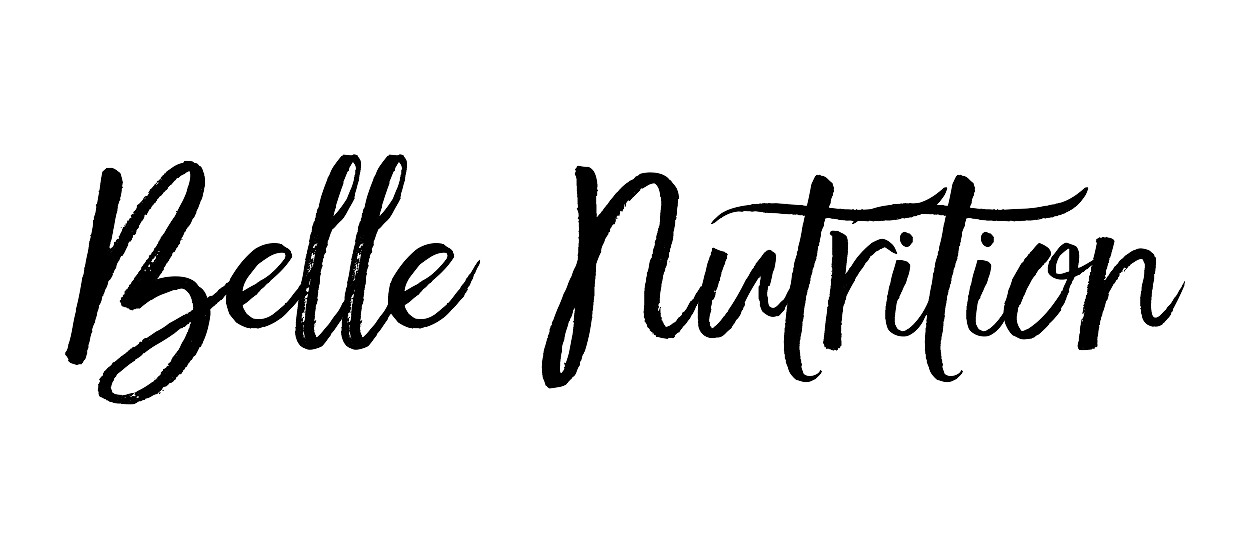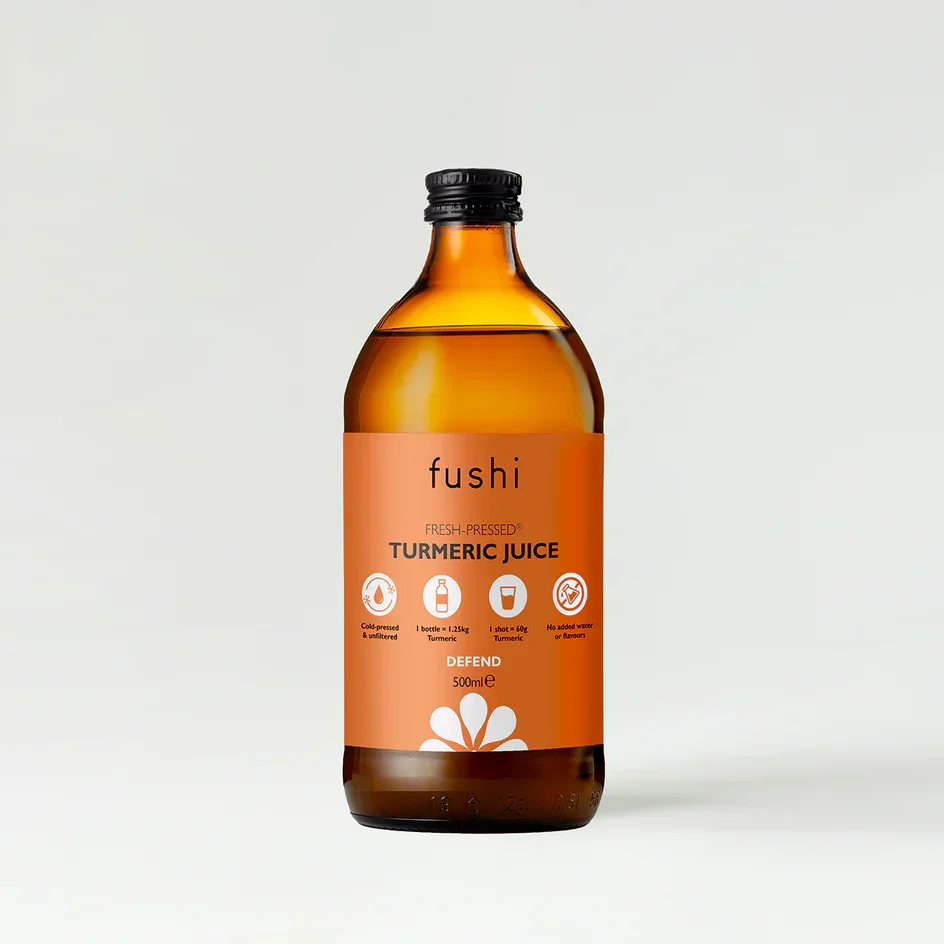How much does the over-consumption of alcohol affect our brain health over the festive period?
Do we tell ourselves a story that alcohol is ‘fine’ ?
We read government guidelines, calculate weekly units and reassure ourselves that moderate drinking is acceptable. The NHS advises keeping alcohol below 14 units a week – roughly six pints of beer or ten small glasses of lower-strength wine – spread over several days with drink-free days in between.
But moderation can still mask dependency. Alcohol is reinforcing because it increases dopamine release in the brain’s mesolimbic reward pathway, while also altering GABA and glutamate signalling to produce relaxation and disinhibition. Over time, the brain adapts by down-regulating dopamine receptors and increasing excitatory tone, which drives both tolerance and craving. In short, it’s addictive both socially and biologically.
So is moderate drinking “fine.” And what is ‘moderate’? I’m not suggesting abstinence, but perhaps a greater leaning towards ‘functional’ drinks is a better way forward.
When we consider alcohol’s impact on sleep architecture and long-term brain health, this seems a sensible plan.
1. Alcohol and REM sleep:
Alcohol initially increases adenosine, the neurotransmitter which promotes sleep pressure (the homeostatic drive to sleep) which is why people fall asleep faster after drinking. The problem is that this surge wears off quickly, leading to early awakenings.
More importantly, alcohol suppresses REM sleep; this is such an important phase associated with synaptic pruning, memory consolidation and emotional regulation. EEG studies show reduced REM density and delayed REM onset for several hours after alcohol consumption, even at moderate doses.
The result: impaired learning, reduced emotional resilience, higher cortisol on waking and poorer glymphatic clearance. In short, the brain is less able to recover overnight.
2. Alcohol and the ageing brain
Chronic exposure to ethanol increases oxidative stress and neuroinflammation through microglial activation and elevated cytokines such as IL-6 and TNF-α. These pathways contribute to neuronal damage and have been linked to the aggregation of amyloid-β and hyperphosphorylated tau; two familiar hallmarks of neurodegenerative disease.
Neuroimaging studies also show that even “social” drinking correlates with reduced grey-matter volume in the hippocampus and prefrontal cortex, areas central to memory and executive function.
From a nutrition perspective, repeated alcohol intake also depletes B-vitamins, alters thiamine metabolism and reduces NAD⁺ availability all of which impair mitochondrial function and neuronal repair.
Two tasty mocktails with functional benefits I’ll be bringing into my festive routine:
Turmeric Juice Fizz
https://w-wellness.co.uk/products/fushi-turmeric-juice
Mix 1 teaspoon with 100 ml fresh organic apple juice, sparkling water and the juice of half a lime.
Curcumin supports Nrf2 activation, upregulating endogenous antioxidant enzymes such as SOD and catalase. So, this can work as a practical counter to oxidative load during the festive period.
Resveratrol Pomegranate Cooler
https://w-wellness.co.uk/products/youth-earth-liposomal-resveratrol
Mix ½ teaspoon with pure pomegranate juice (try POM) and a splash of lime, served over ice with mint.
Resveratrol acts on the SIRT1 pathway, supporting mitochondrial biogenesis and cellular defence, while pomegranate polyphenols add further cardiometabolic benefit.
Less alcohol means better sleep cycles, stronger synaptic resilience and preserved brain structure.
I’m all for nourishing my brain this season with a longevity focus.







